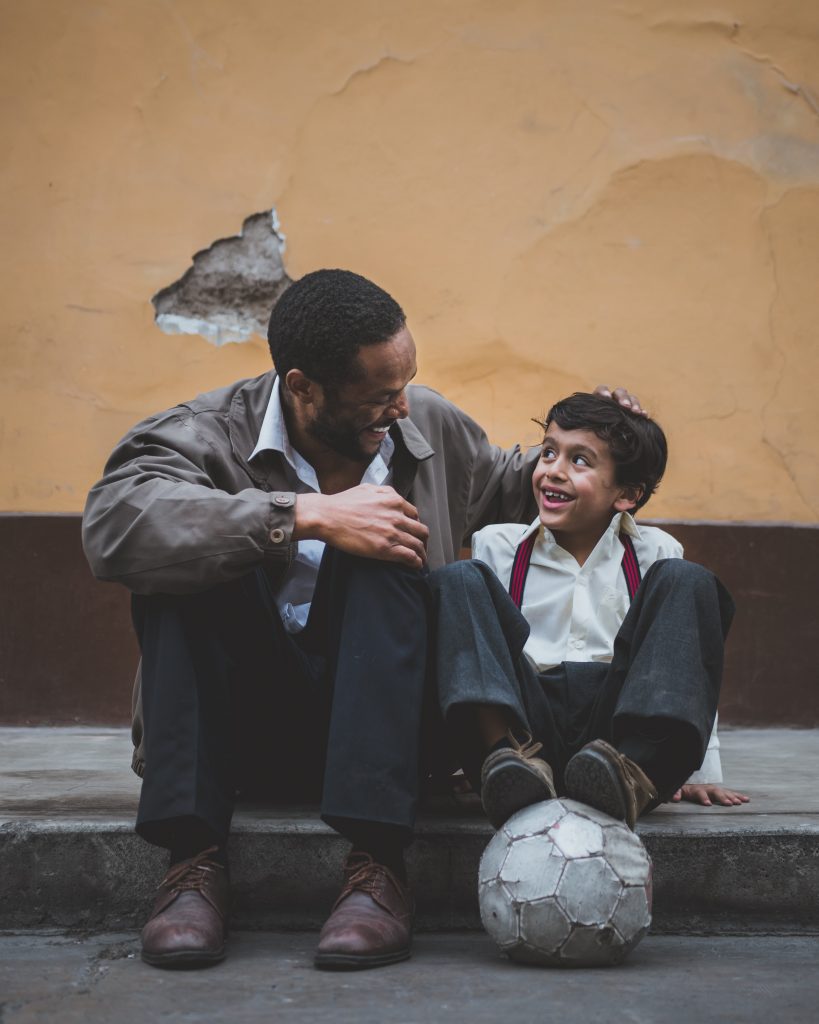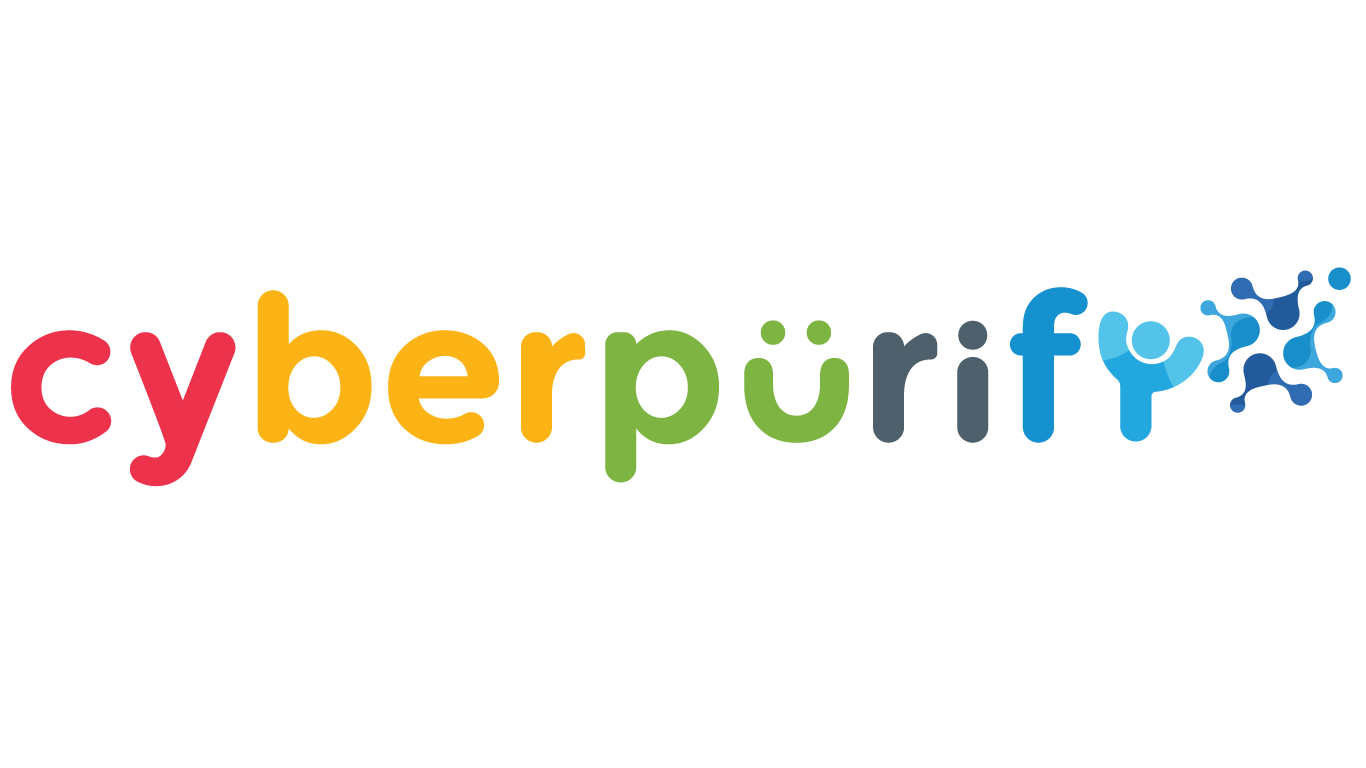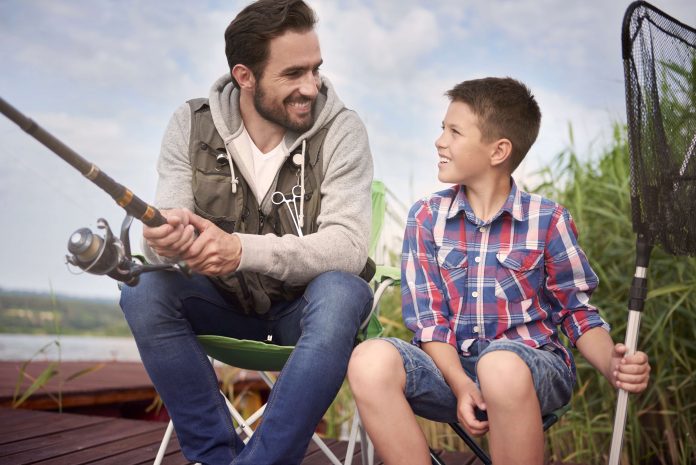Similar to protecting children from tuberculosis right from birth, parents should immunize the effects of drugs on their children by proactively providing them information on the harmful effects of drugs and other stimulants, before it’s too late – your child tries the drugs on his own.
Parents are role models for their children, so your views on alcohol, tobacco and drugs have a strong influence on their understanding. Parents should educate their children with accurate information so that their children are not misinterpreted about substances. However, not all children of any age can fit and tolerate all the information that you share, the article below will show you how to talk to your kids talk about drugs of each age, effectively.
How to talk to your kids about drugs – 4-7 years old
When your child sees you taking a pill, tell him or her why you take it. Tell him you stick to drug dosage compliance, not overdosing.
When you know your child has heard of hard drugs (such as heroin) in the media or conversations, ask your child if they know what it is. Let your child know that the drug will cause addiction and serious harm to their body.
You may also like this:
When your child sees someone smoking in movies or on television, talk about smoking, nicotine addiction, and the effects that smoking has on the lungs and health. Similarly, let your child know the harms of drugs and stimulants. Also, let your child know about healthy foods. You should build your story by stating one thing is bad and one is good for the body.
You must talk to your kids about drugs and its harmful effects in simple terms. For example, you might say that one of the harms is that people who take drugs will get angry easily, instead of talking specifically about the violent behavior that the individual will cause.
If your child wants to learn more, explain to them, in a calm, concise manner and make sure what words you are using words can be understood.


How to talk to your kids about drugs – 8-12 years old
You can start by asking what your child thinks about drugs. It is important to ask casually, curiously and informally, when your child says that what they say will not be judged, they are more likely to be honest with you. However, if your child does not speak, it does not mean that you will passively wait, some parents have proactively gone ahead by silently installing content filtering tools to notify them every time they look for information about drugs or other stimulants.
If your child seems disinterested or uncomfortable talking to you about drugs, let them know that you are willing to talk about these sensitive issues whenever they want. Don’t forget that in this pre-teen age, children tend to depend on their friends more and get information from there, so don’t get angry when they don’t tell anything with you. Instead, give them trust and they’ll come to you when they need you.
When your child asks you, pay attention to his question. Don’t assume any of your questions are silly: be open to all questions, whether they are detailed or general. Then you can ask your child back to check how much he or she already knows about drugs.


If your child has false information about drugs, tell them what is the correct information. Explain to your child that they may come across lots of false information in the future, if in doubt they can come to you and ask.
Watch for drug-related news your child comes into contact with, for example, athletes’ drug use. Make sure your child understands the information they are watching and the long-term effects of drugs on their body.
How to talk to your kids about drugs – 13-17 years old
Note that your child may know more about alcohol or other drugs. Try to understand your child’s thoughts and feelings about drug-related problems in general and ecstasy in particular, and talk about the risks of their use. For example, explain that the use of ecstasy can cause your child to look fussy and unsteady in his mind, which can lead to involuntary behavior like suicide or harming others.
You need to regularly update yourself with the stimulants and their harmful effects, such as a new drug that is more toxic than the normal drug, magic mushroom, to answer your child’s questions. as well as timely education.
You might like these:















